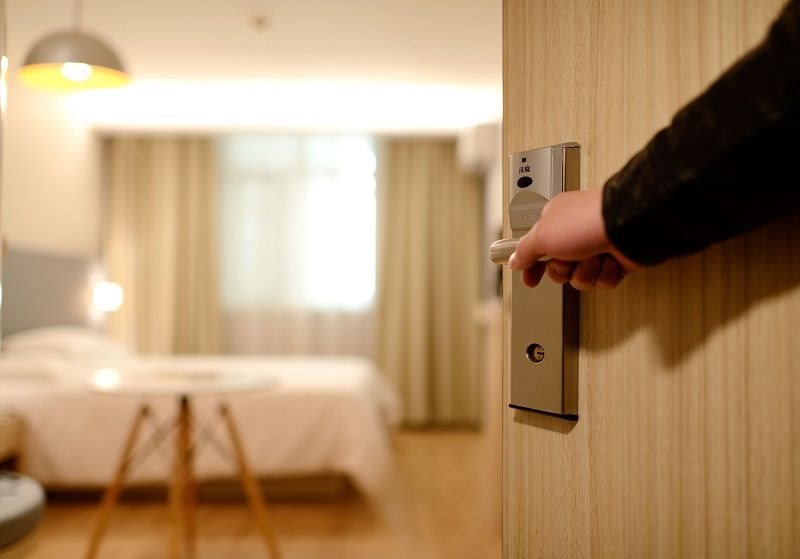
Top stories






More news


Marketing & Media
Ads are coming to AI. Does that really have to be such a bad thing?














There is a very significant difference in the twenty-first-century version of non-standardised accommodation: the game changer is the technology of sharing.
In the past, it generally wasn't practical to get insights, references and reviews before you committed to your stay. Today, it's hard to imagine that you could find fifty square feet of accommodation that haven't been photographed, shared, blogged, rated and reviewed in a myriad of online outlets. It's the age of social media, so there is no excuse for the traveller not to be forewarned and forearmed.
"Personalisation extends beyond unconventional accommodation by individualising communication with travellers, understanding both who they are and why they travel. It is how major chains could conceivably combat the competitive threat posed by every apartment building ever constructed," adds Austin.
Armed with something as easily acquired as a postal code, marketing geniuses can assemble what can be a likely description of the traveller in question. "It's a good start when a hotel chain sees each guest as an individual rather than a demographic group member - but it's only a start," believes Austin. "
True personalisation demands more than guest preference retention. Remembering a room type preference is nothing more than table stakes in a competitive market. One very important differentiator that adds value and deepens customer insight is to understand the reason that the guest is in house - be it business, leisure or conference participation."
Having a sense of a trip's justification allows the hotelier to cater to preferences that apply not just to that particular guest, but to that particular guest's travel "persona."
A leisure travel persona can change the accommodation preferences, service levels, assistance requests and additional revenue opportunities.
Now consider the business persona: as a demographic group, business travellers may be more inclined to concern themselves with loyalty point earning opportunities but less inclined toward inclusive meals or services, since their bill is a reimbursable business expense. Businesspeople are more likely to take advantage of express check-in and checkout services, and less likely to seek extensive assistance or guidance from the front desk.
Applying travel personas is an important preference differentiator that helps tailor a stay and enhance the guest experience. Another favourite way to court guest favour is to integrate social interests into travel opportunities.
In a rapidly evolving technological landscape, hoteliers not lose sight of the original mission. When you think about the word "personalisation" what should first come to mind is you. Systems and programmes that enable guest recognition, tailor offers and speak to the guest of extraordinary experiences provide the differentiation that separates the good from the outstanding. Thankfully, technologies are available to provide the tools to better know, understand and recognise guests, their needs and their desires.
"In the chain hotel's world of highly standardised options, it is customer relationship management software that provides the best competitive advantage in a marketplace that values the unique above all else.
"The best approach for a personalisation programme that brings hotel guests into sharper focus, improves the customer relationship, enhances revenue and results in more rewarding guest experiences is always a 'you first' proposition," concludes Austin.